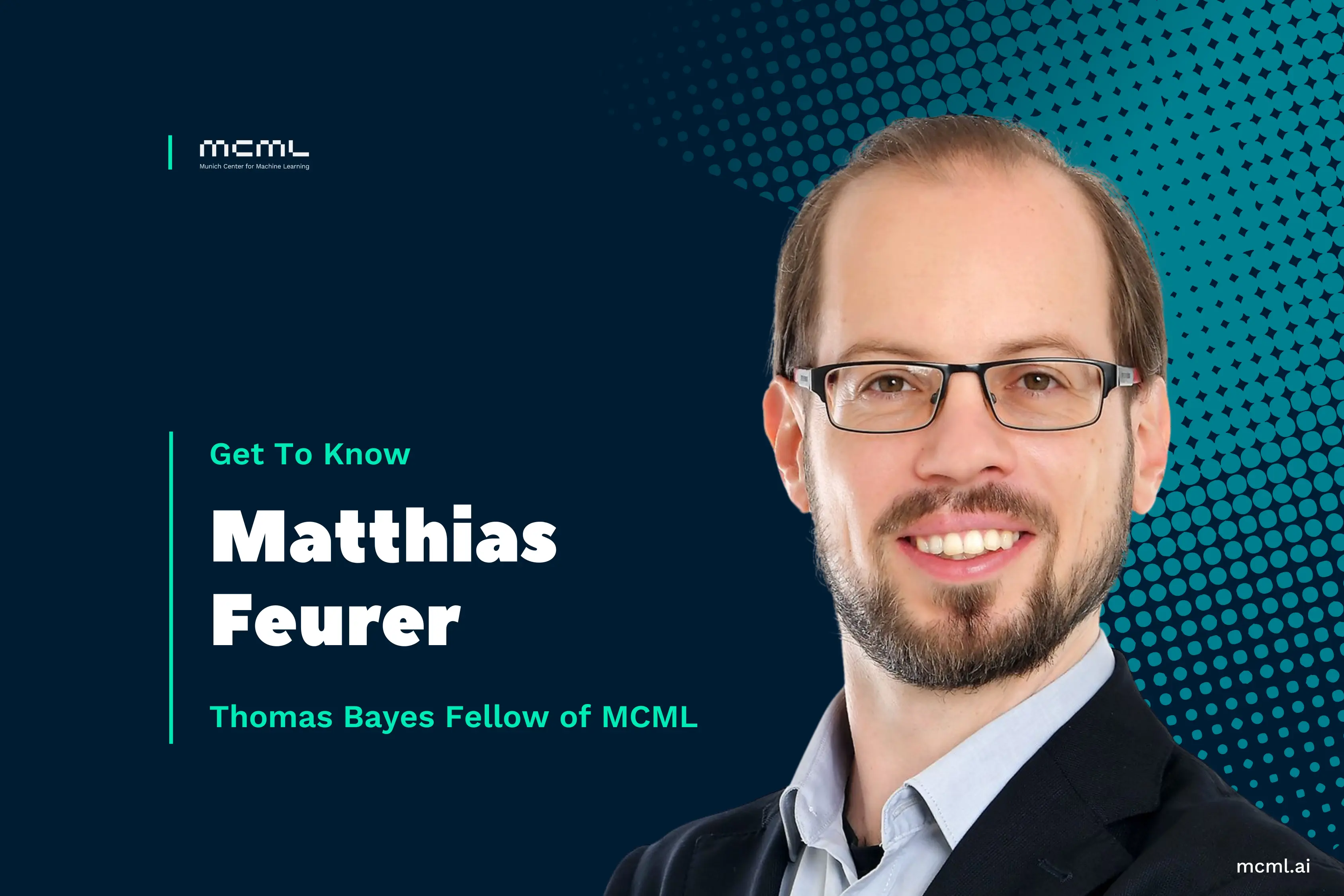25.04.2022

MCML at CHI 2022: Two Accepted Papers
Conference on Human Factors in Computing Systems (CHI 2022). New Orleans, LA, USA, 30.04.2022–05.05.2022
We are happy to announce that MCML researchers have contributed a total of 2 papers to CHI 2022. Congrats to our researchers!
Main Track (2 papers)
‘It Is Not Always Discovery Time’: Four Pragmatic Approaches in Designing AI Systems.
CHI 2022 - Conference on Human Factors in Computing Systems. New Orleans, LA, USA, Apr 30-May 05, 2022. DOI
Abstract
While systems that use Artificial Intelligence (AI) are increasingly becoming part of everyday technology use, we do not fully understand how AI changes design processes. A structured understanding of how designers work with AI is needed to improve the design process and educate future designers. To that end, we conducted interviews with designers who participated in projects which used AI. While past work focused on AI systems created by experienced designers, we focus on the perspectives of a diverse sample of interaction designers. Our results show that the design process of an interactive system is affected when AI is integrated and that design teams adapt their processes to accommodate AI. Based on our data, we contribute four approaches adopted by interaction designers working with AI: a priori, post-hoc, model-centric, and competence-centric. Our work contributes a pragmatic account of how design processes for AI systems are enacted.
MCML Authors
Automating Contextual Privacy Policies: Design and Evaluation of a Production Tool for Digital Consumer Privacy Awareness.
CHI 2022 - Conference on Human Factors in Computing Systems. New Orleans, LA, USA, Apr 30-May 05, 2022. DOI
Abstract
Users avoid engaging with privacy policies because they are lengthy and complex, making it challenging to retrieve relevant information. In response, research proposed contextual privacy policies (CPPs) that embed relevant privacy information directly into their affiliated contexts. To date, CPPs are limited to concept showcases. This work evolves CPPs into a production tool that automatically extracts and displays concise policy information. We first evaluated the technical functionality on the US’s 500 most visited websites with 59 participants. Based on our results, we further revised the tool to deploy it in the wild with 11 participants over ten days. We found that our tool is effective at embedding CPP information on websites. Moreover, we found that the tool’s usage led to more reflective privacy behavior, making CPPs powerful in helping users understand the consequences of their online activities. We contribute design implications around CPP presentation to inform future systems design.
MCML Authors
#research #top-tier-work #schmidt
Related
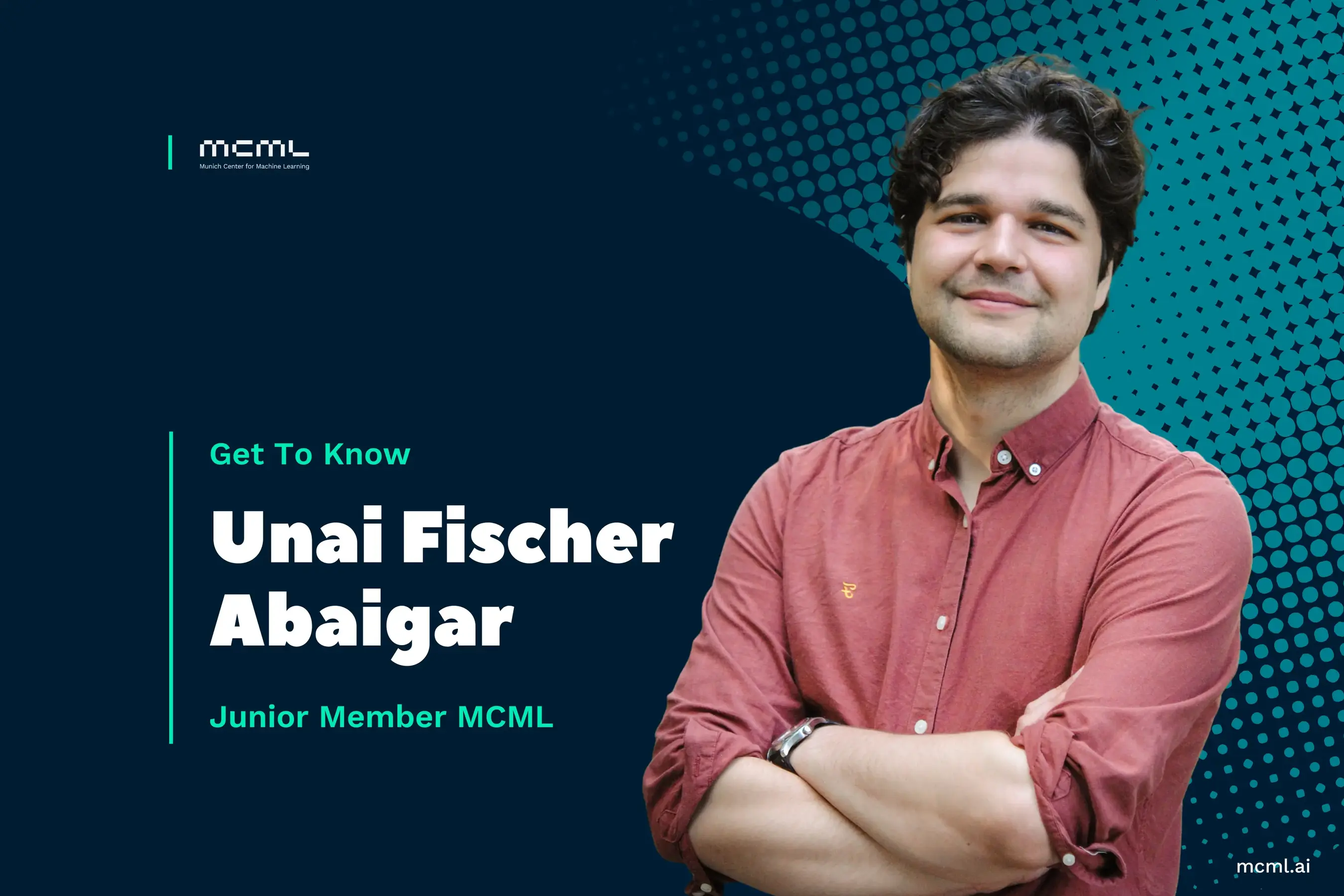
09.10.2025
Rethinking AI in Public Institutions - Balancing Prediction and Capacity
Unai Fischer Abaigar explores how AI can make public decisions fairer, smarter, and more effective.
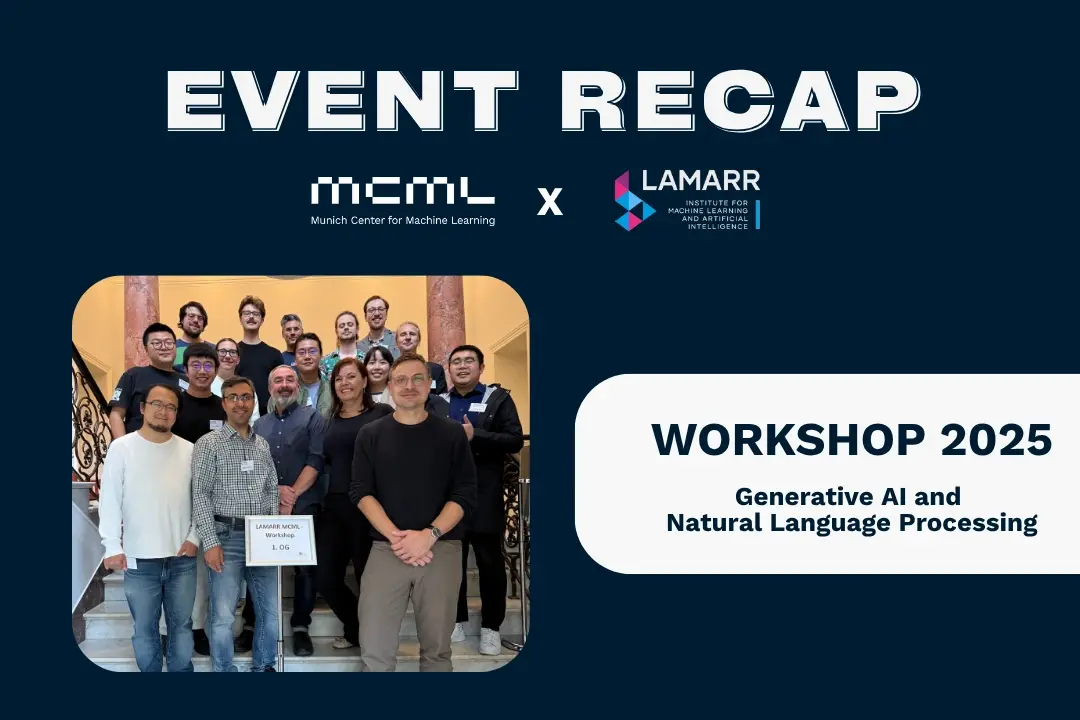
08.10.2025
MCML-LAMARR Workshop at University of Bonn
MCML and Lamarr researchers met in Bonn to exchange ideas on NLP, LLM finetuning, and AI ethics.
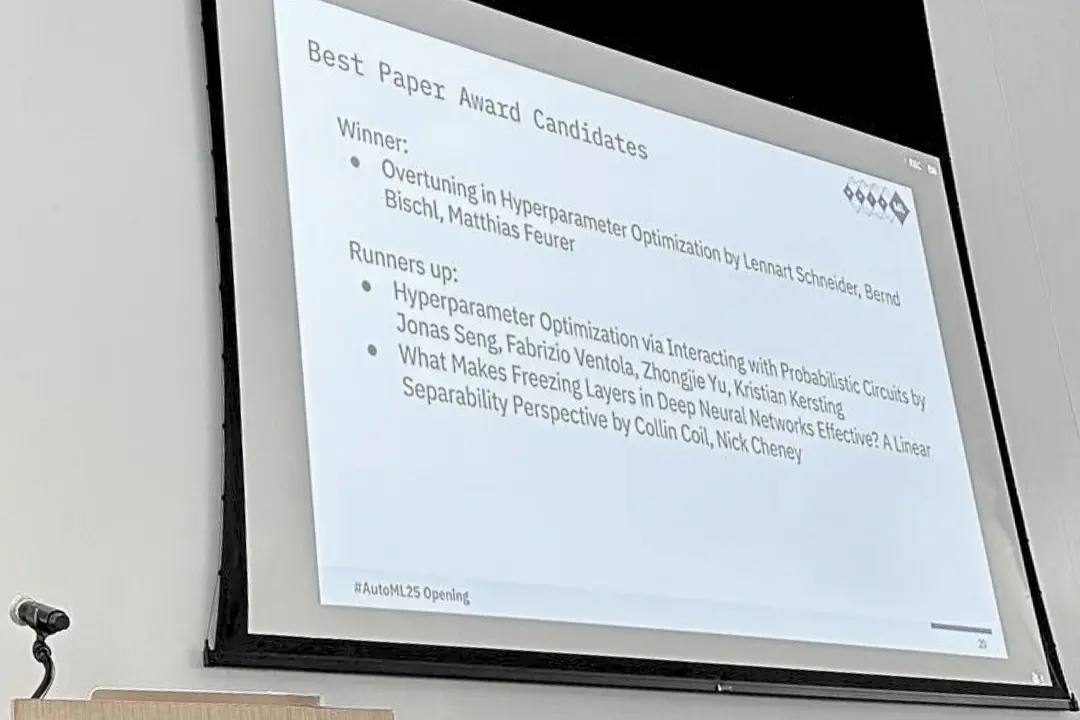
08.10.2025
Three MCML Members Win Best Paper Award at AutoML 2025
MCML PI Matthias Feurer and Director Bernd Bischl’s paper on overtuning won Best Paper at AutoML 2025, offering insights for robust HPO.
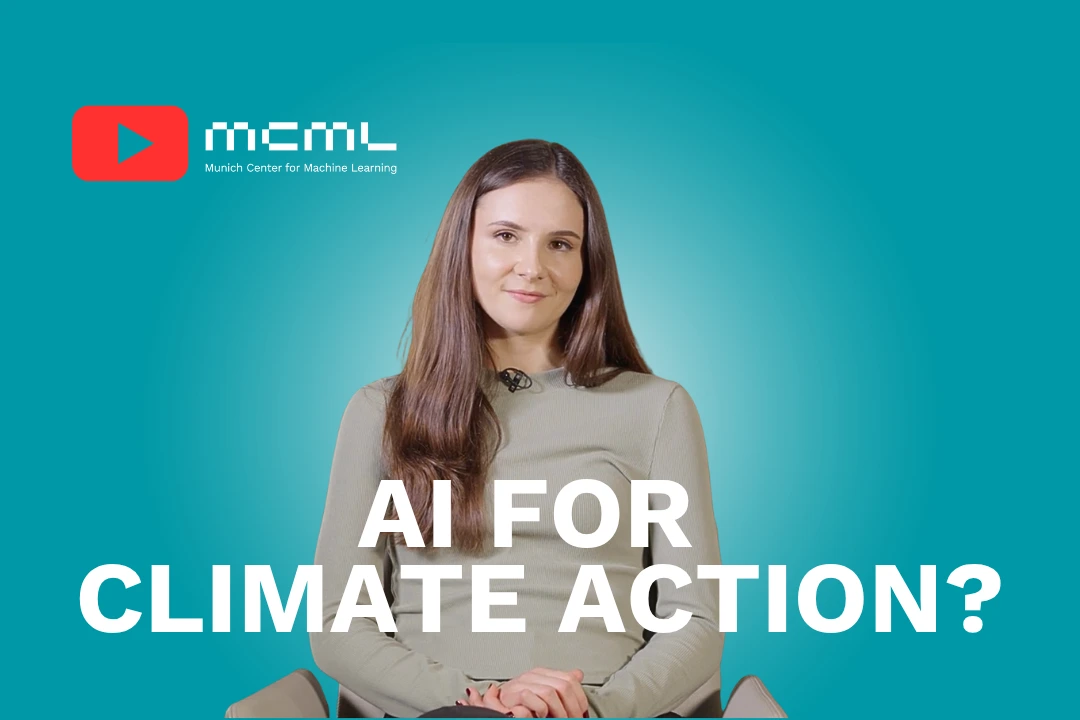
29.09.2025
Machine Learning for Climate Action - With Researcher Kerstin Forster
Kerstin Forster researches how AI can cut emissions, boost renewable energy, and drive corporate sustainability.


